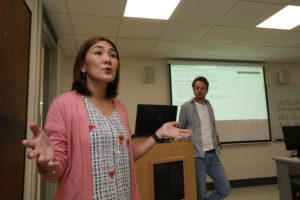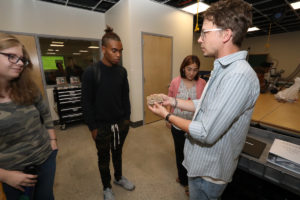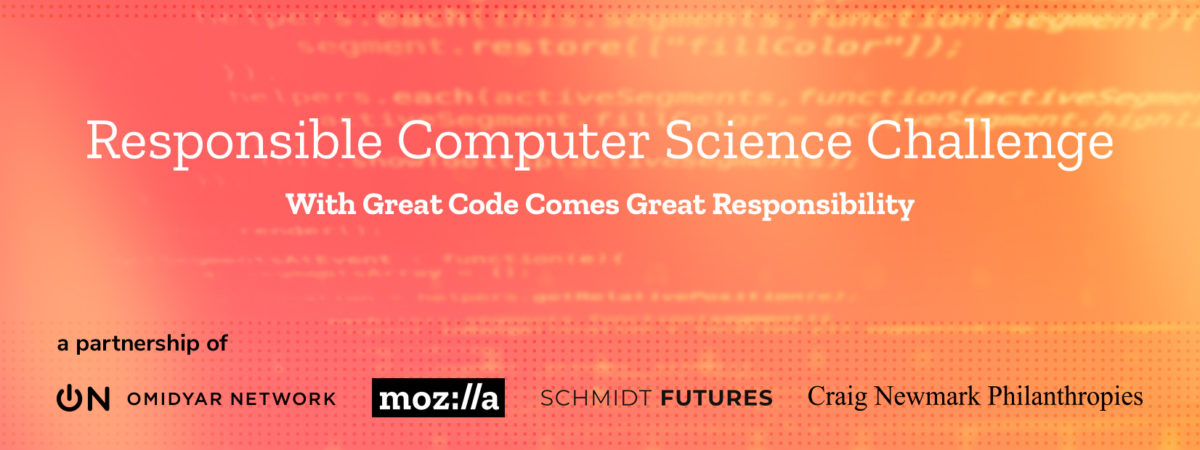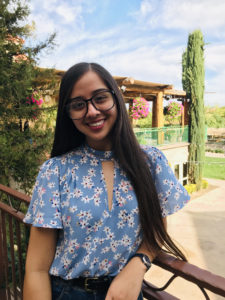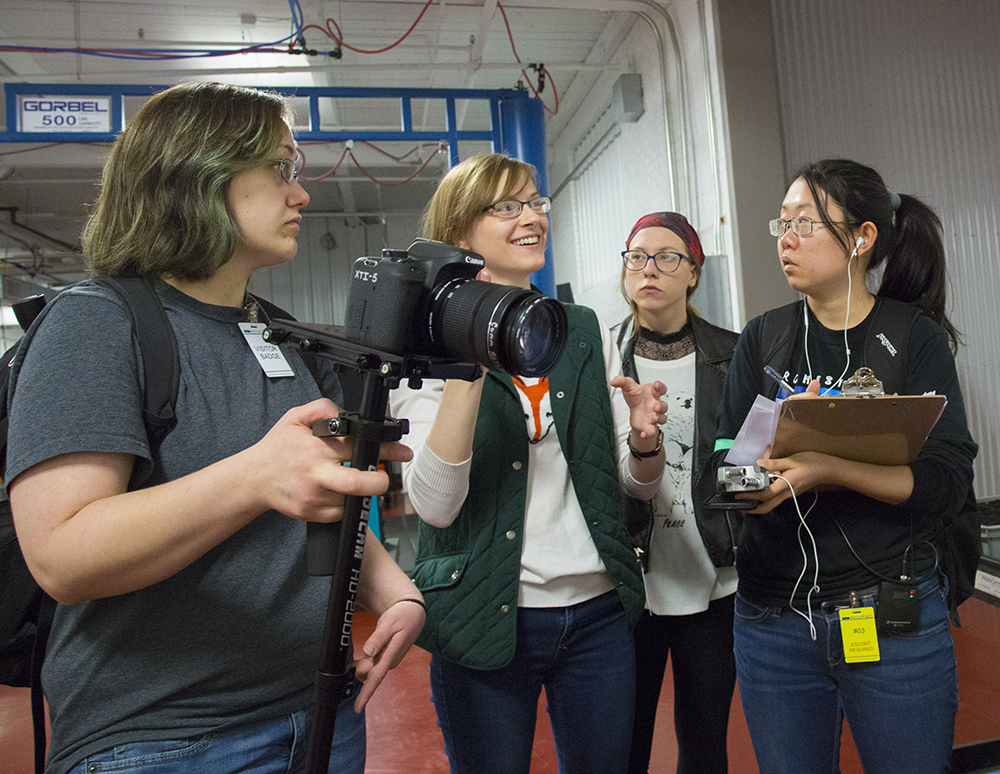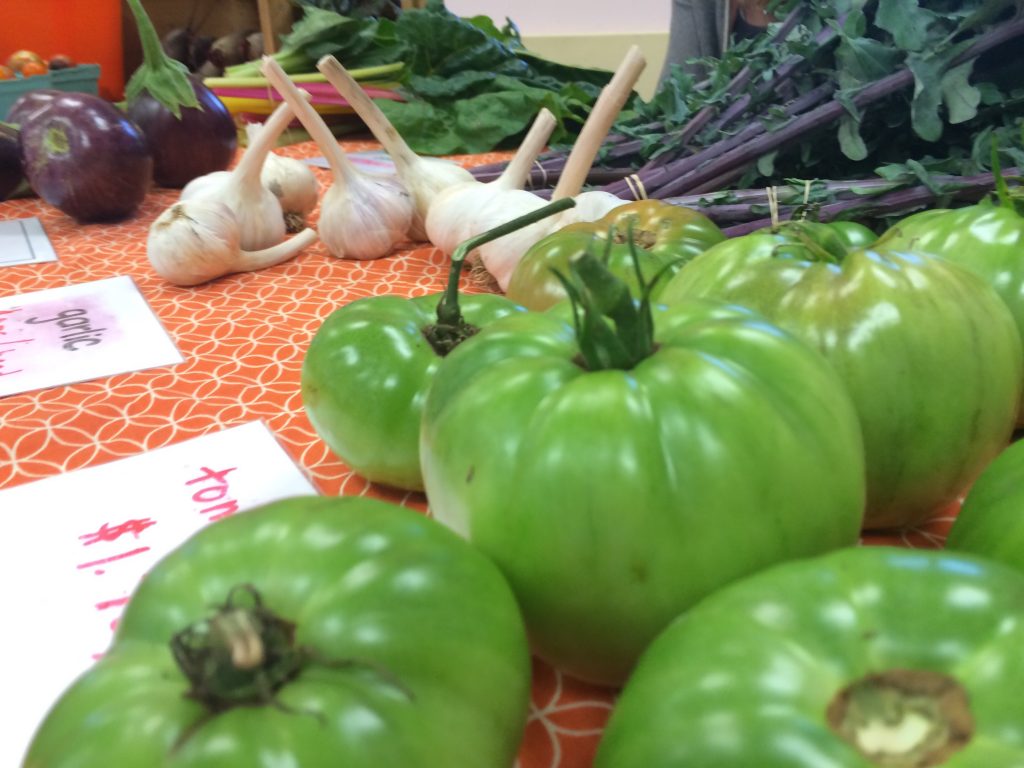From a native of Italy who speaks five languages to a motocross enthusiast, Allegheny’s new faculty members bring many unique backgrounds and qualities to the campus classrooms in the fall of 2019. Let’s meet each of them briefly:
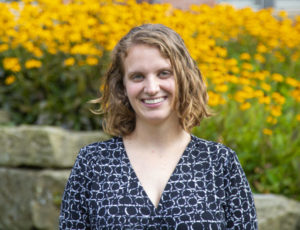 Kathryn Bender
Kathryn Bender
Assistant Professor of Economics
Kathryn Bender joins the Economics Department this fall and is helping students discover the economics of natural resources. She earned her bachelor’s degree from Centre College and her master’s and doctorate from the Ohio State University.
“I’m excited to start at Allegheny this fall,” says Bender. “I’m involved in several projects on consumer food-waste behavior and hope to find new avenues to explore at Allegheny around this topic.”
Her dissertation, “Date Labels and Food Waste: A study of the effect of label characteristics on food waste in the United States,” studies the confluence of environmental science, economics, and marketing in the food distribution ecosystem in the United States. She is also interested in exploring the effect of feminine hygiene programs in developing countries on the environment along with women’s empowerment, health, and education.
In her free time, Bender enjoys playing soccer, riding horses, and hanging out with her two dogs, Huck and Nala.
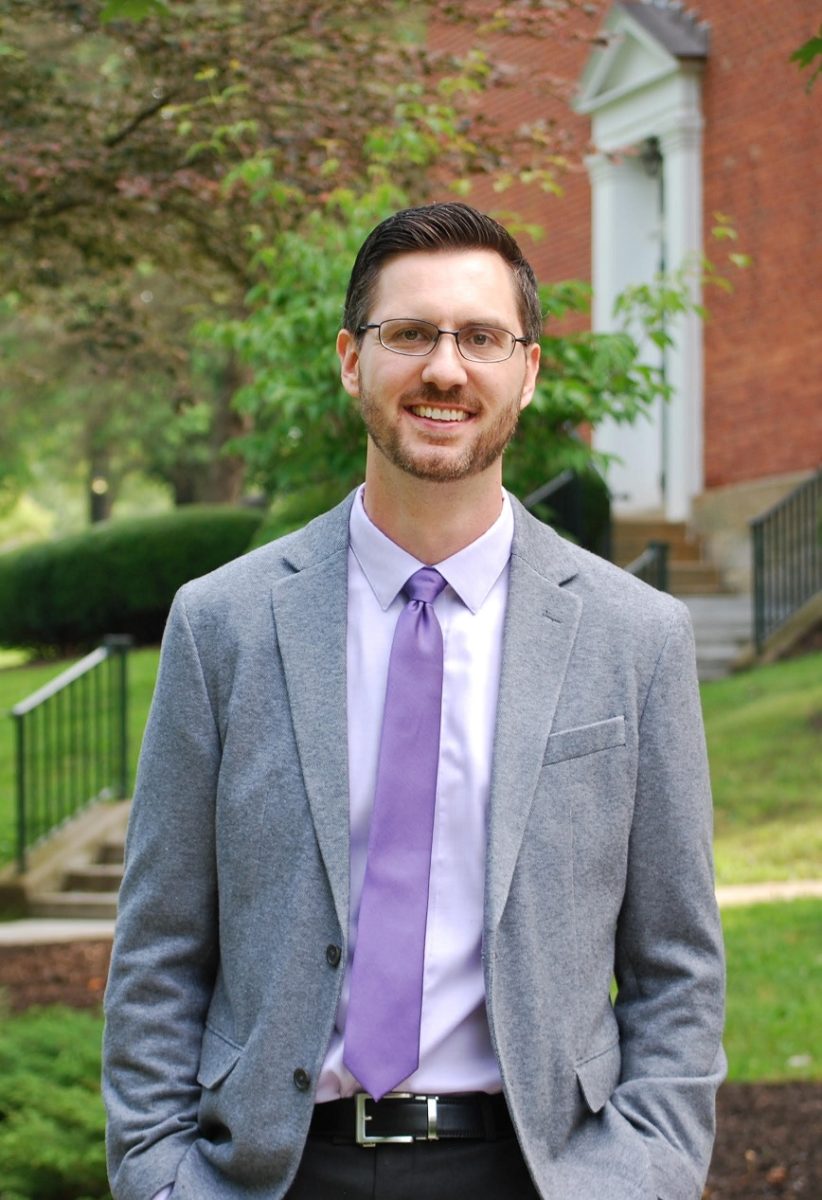 Bradley Burroughs ’02
Bradley Burroughs ’02
Visiting Assistant Professor of Philosophy and Religious Studies
After graduating from Allegheny in 2002, Bradley Burroughs earned his master’s degree from Duke University Divinity School and his Ph.D. from Emory University. His first teaching job was at the Graduate Theological Union in Berkeley, California. After resigning that position to attend to family needs, he taught for four years at United Theological Seminary in Dayton, Ohio. “But I am thrilled to be back in Meadville and reconnecting to the Allegheny community,” he says.
His academic interests span a variety of theological and ethical thought. His most recent work has been in two areas. The first is Christian political ethics, which led to his first book, Christianity, Politics, and the Predicament of Evil: A Constructive Theological Ethic of Soulcraft and Statecraft. It has also led to other published pieces that assess practices of contemporary warfare. The second area of his recent work has been in how Christian thinkers have understood the concept of evil, which is the subject of his next book project.
Burroughs enjoys mountain biking, hiking, backpacking, and being outdoors generally, “or at least as much as I can do now with two kids in tow. Although not entirely unusual, one of my more surprising talents is juggling, which I learned from a hallmate in Baldwin during my first year at Allegheny.”
He also is proud that he was the first in his family to graduate from college.
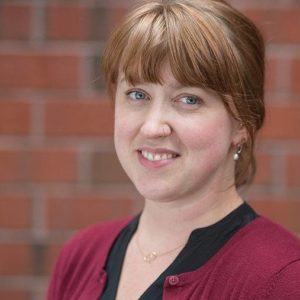 Moira Flanagan
Moira Flanagan
Assistant Professor of Chemistry
Moira Flanagan is a lifelong morris dancer, a form of traditional English folk/pub dancing. She is also the newest chemistry professor at Allegheny.
She has a bachelor’s degree in engineering from the Cooper Union for the Advancement of Science and Art in New York City and a Ph.D. in biophysical sciences from the University of Chicago. Most recently, she was a postdoctoral research fellow in the Chemistry Department at Smith College in Northampton, Massachusetts. Currently, her research combines biochemistry and physical chemistry techniques to understand the physical and photoprotective properties of heterogeneous biological pigments like melanin.
“My interest in the chemistry of biological systems also shapes how I teach,” Flanagan says. “I get excited to bring biological contexts into other fields of chemistry (as often as I can), but also emphasize the physical chemistry concepts (like entropy) in biochemistry topics.
“My teaching is based on the idea that everyone can learn science if they want to and I am here to help. I reject the idea that some people ‘get’ science and math and some people don’t,” Flanagan says. “One doesn’t need to be an expert in chemistry to critically analyze and problem-solve in a new context.”
Besides her affinity for chemistry, teaching and morris dancing, Flanagan enjoys cooking, especially fish and fresh pasta. “I also won a coloring contest in my local paper when I was 4, and actually still consider myself an amateur artist in drawing and cartooning.
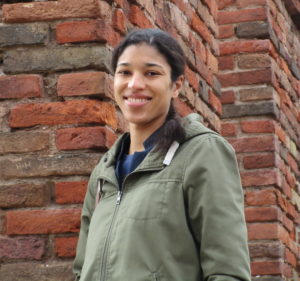 Jessica Harris
Jessica Harris
Visiting Assistant Professor of History
Jessica Harris received her bachelor’s in history, master’s in Afro-American Studies, master’s in history, and Ph.D. in history, all from UCLA. She also held a postdoctoral fellowship at the University of Toronto in the Department of Italian Studies. She taught at Santa Monica College as well as at the University of Toronto during her fellowship.
Her research focus is on the history of the 20th century United States and the World, Modern Italy, and Black Europe, “and I am particularly interested in gender and race, their intersection with material culture, and the subsequent effect on group identities,” Harris says.
Since she studies Italian culture, “I like to watch Italian films and listen to Italian pop music,” says Harris.
Her five minutes of fame occurred as a teenager, Harris says, “when my club soccer team and I appeared on an episode of Bette Midler’s sitcom ‘Bette’.”
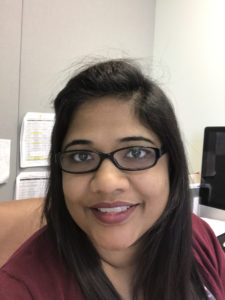 Mahita Kadmiel
Mahita Kadmiel
Visiting Assistant Professor of Biology
Mahita Kadmiel has spent most of her life learning about human diseases, and she enjoys teaching students about how the human body works — or fails to work — in the event of a disease.
Kadmiel taught for two years as a visiting assistant professor at Colgate University. She is trained in biomedical sciences, completing postdoctoral training in molecular endocrinology at the National Institutes of Health. In addition, she holds a Ph.D. in cell and molecular physiology from the University of North Carolina at Chapel Hill, a master’s degree in biology from Michigan Technological University, and a bachelor’s degree in microbiology and biochemistry and medical lab technology from Andhra University in India.
“My academic interest has always been in improving our understanding of the molecular basis of human diseases,” Kadmiel says. “Too little or too much of stress hormones (glucocorticoids) and changes in sex hormone levels (estrogen and testosterone) have been linked to vision problems.”
She is investigating the function of these hormones in the cornea and retina using rodent models and cells derived from human eyes. Kadmiel also is interested in studying the role of hormone-mimicking chemicals (more commonly called endocrine-disrupting chemicals) on ocular cells and tissues and how they might influence eye health.
Kadmiel incorporates her interest in various forms of art not only in the biology courses that she teaches, but also in her time outside the classroom and laboratory.
“I enjoy working on art projects and DIY projects along with my two kids,” she says. “This is my trick to get mom-time and hobby time in one shot!”
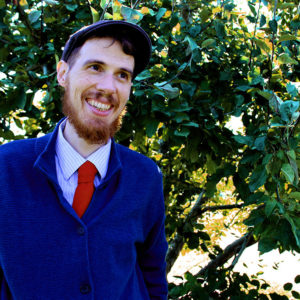 Douglas Luman
Douglas Luman
Assistant Professor of Computer Science
Douglas Luman joins the Computer Science Department from a background in creative writing and composition. He earned a bachelor’s degree in theatre arts from Bradley University and his MFA is from George Mason University, where he studied poetry and was the Heritage Student Fellow in 2017. He taught in the University Writing Program at George Washington University.
“So, suffice to say, I am an interesting fit in computer science. The way I usually explain it is that all of my work is computational, even though it is done in a humanities-leaning context,” he says.
His MFA thesis, “Prodigy House,” was a computational investigation of an early literary algorithm (“Travesty”). His other work is all computationally based. “I essentially ‘write’ aided by software that I write and others (like Google Cloud tools — Translate, Speech to Text) that I use in conjunction with writing. During graduate school, I developed a computational constraint platform that I continue to run at www.appliedpoetics.org.
“One might say that my work is less from an academic background and more out of a discipline or practice,” Luman says.
Luman is also interested in approaches to computational pedagogy: that is, what do the humanities, writ-large, have to say about teaching computer science? “Is there some way that we can use humanities-based concepts/data to teach students what it means to be responsible for their code? I wonder if there’s some distinction here to remind both students and ourselves of the perennial lesson that just because you can do something, doesn’t mean you should,” he says.
He and his partner, the poet Jenni B. Baker, also run a book arts press called Container, where they produce other artists’ work in three-dimensional, novel forms, “which is to say as a gem tray of origami paper gems, etched glass bottles, or as cross-stitch kits, for example,” Luman says.
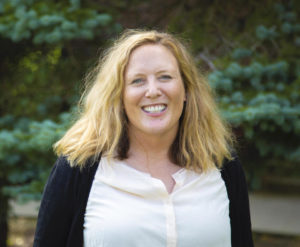 Rebecca Oliver
Rebecca Oliver
Assistant Professor of Political Science
Rebecca Oliver received her bachelor’s degree from the Université de Montréal and her Ph.D. from Northwestern University. She arrives at Allegheny after teaching most recently at Murray State University in Kentucky and, prior to that, the University of Southern California.
Oliver’s research examines the politics of inequality with respect to labor markets and social policy in Europe. Substantive topics of her work include labor union strategies, collective bargaining institutions, public opinion, childcare policy and territorial inequalities in social policy.
She is currently completing revisions for her book, “Negotiating Differences: The Politics of Egalitarian Bargaining Institutions.” The book examines the following question: Why, in the face of common growing pressures toward greater liberalization and pay dispersion, are egalitarian bargaining institutions sustained or reconfigured in some instances and bluntly dismantled in others? Employing the cases of Italy and Sweden, the book studies developments in egalitarian collective bargaining institutions.
Oliver recently adopted a puppy named Griffin. “My interests of hiking, canoe camping, exploring and getting lost in new cities/towns, making cupcakes, skiing, playing tennis, attending live jazz concerts and visiting art galleries are currently taking a back seat to dog training,” she says.
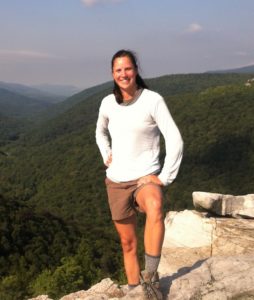 Kelly Pearce
Kelly Pearce
Instructor, Environmental Science & Sustainability
Kelly Pearce is a graduate of Juniata College, where she majored in wildlife conservation and minored in education. She received her master’s degree in applied ecology and conservation biology from Frostburg State University, and earned her Ph.D. in ecology from the University of Maryland Center for Environmental Science, Appalachian Laboratory.
She is a wildlife ecologist and conservationist with research interests at the intersection of ecological and social science, including the field of human dimensions of wildlife conservation. “I use quantitative and qualitative approaches to study how environmental, social, and policy factors influence wildlife populations and species distributions. I also strive to better understand approaches that mitigate conflict and encourage coexistence between people and wildlife,” she says. Pearce also serves on the Outreach and Conflict Resolution Task Force as a member of the IUCN Otter Specialist Group.
“My research has taken me to Yellowstone and Grand Teton National Parks, where I evaluated the ability of the river otter to serve as an aquatic flagship species for the Greater Yellowstone Ecosystem,” she says. “I have also been involved in a variety of wildlife ecology projects focused in western Maryland and West Virginia, including a study on eastern spotted skunks, Allegheny woodrats, and a variety of bat species.”
Pearce enjoys live music and spends much of her free time watching and traveling for shows, she says. Pearce also enjoys motorcycle journeys. “I rode my first motorcycle when I was 3 right into the back of the garage. I still love to ride on my parents’ farm in central Pennsylvania, and this past summer I earned three first-place finishes in a vintage cross-country motorcycle race series.”
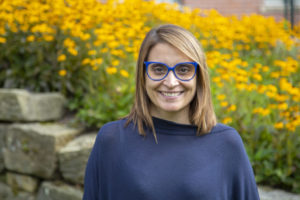 Gaia Rancati
Gaia Rancati
Assistant Professor of Marketing and Neuromarketing in Economics
Gaia Rancati joins the Economics Department and will teach Principles of Marketing and Business and Managerial Economics during the fall semester.
Rancati is an experienced trainer and coach in both sales and customer experience specializing in retail, sales, team building, and management. She earned her Ph.D. in marketing and neuroeconomics as well as a bachelor’s degree in marketing from IULM University, and a master’s of leadership and management from Il Sole 24ORE Business School in Milan, Italy. She is a sought-after researcher and speaker in the field of neuromarketing where she applies the science of neuroeconomics for improving customer experience in the retail field with a focus on service encounters, sales transformation and artificial intelligence.
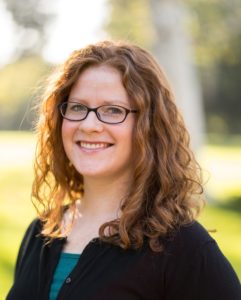 Lauren Rudolph
Lauren Rudolph
Assistant Professor of Biology
Lauren Rudolph joins the Biology Department with undergraduate and graduate degrees as double-majors in neuroscience and psychology. She attended Washington and Lee University for her undergraduate education and Indiana University for her Ph.D. She completed her postdoctoral studies at the University of California, Los Angeles in neurobiology and neuroendocrinology, and then taught neuroscience as a visiting professor at Pomona College.
Rudolph’s research is generally focused on steroid hormones and how they act to drive certain behaviors, such as mammalian reproduction. Her wider interests include neuroendocrinology, hormones, reproduction, sex differences, and physiology.
“I am continually impressed with the ever-expanding range of steroid hormone effects,” says Rudolph, “and how hormones can alter behaviors. I study how hormones act in ‘non-traditional’ ways to change the shape and function of cells, tissues, and organisms.”
When traveling on planes, Rudolph says she tends to get into interesting conversations because she is often working on presentations about reproduction. She sees those discussions as part of her “unofficial outreach”: sharing her research with other people.
During her time at Washington and Lee University, Rudolph played volleyball on a team which won conference champions each year, earning a place in the NCAA tournament during her four years as an undergraduate. Besides volleyball, Rudolph also enjoys the outdoors, cheese, sarcasm, making up forced acronyms, animal fun facts, and March Madness.
“I am also skilled at removing the gonads of rodents (for research!),” she adds.
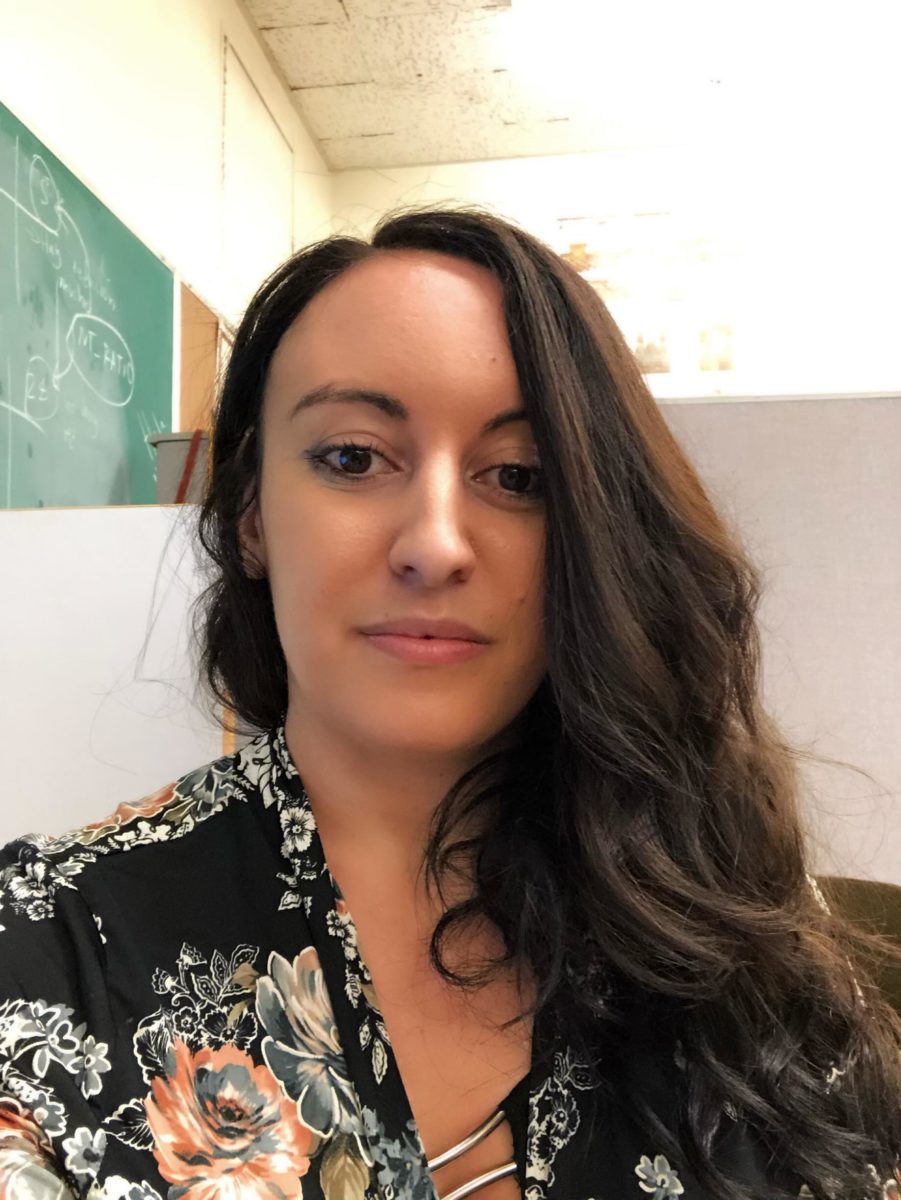 Rosita Scerbo
Rosita Scerbo
Visiting Assistant Professor of Spanish
Rosita Scerbo joins the Department of Modern and Classical Languages as a Spanish instructor. Her research interests include Latin American and Chicanx visual autobiography. This includes photography, cinema, paintings, murals, and digital art. She is also a specialist in Digital Humanities and Hispanic digital pedagogy tools.
Scerbo was born in Italy but has spent most of her life studying and working abroad. “I’m a heritage speaker of Spanish, as I learned Spanish in my community as a child before I dedicated my life to the Hispanic language and culture academically in school and in college.”
She taught Spanish and Italian language, literature, and culture at West Virginia University during her pursuit of a master’s degree and at Arizona State University while earning her doctorate. She also has taught Spanish in Sevilla, Spain, and Buenos Aires, Argentina, during study abroad and Spanish immersion programs. She earned her bachelor’s degree from the University of Calabria in Italy.
“I speak five languages,” says Scerbo. “I went to dance school for many years, and I’m particularly passionate about Latin dances, including salsa, bachata, and merengue. My two daughters’ names — one is human and one is canine — are Sol and Luna, that is Spanish for sun and moon.”
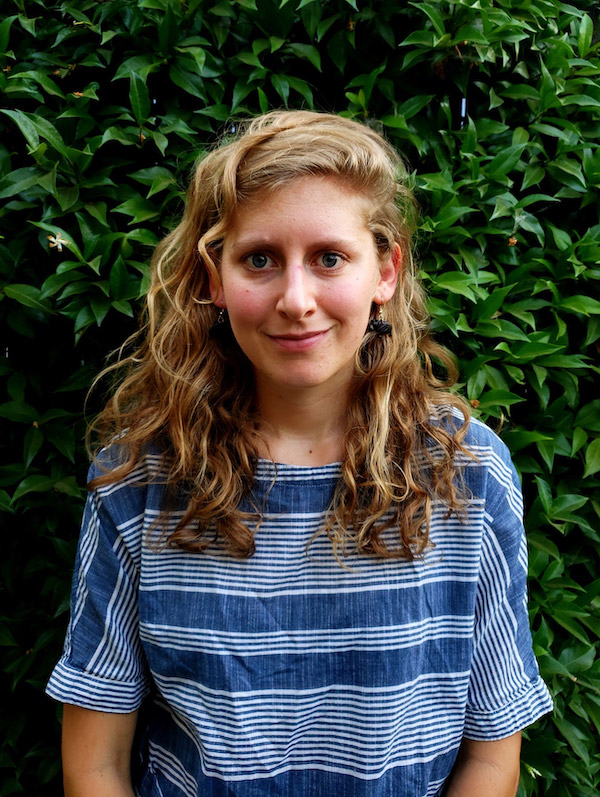 Sarah Stanger
Sarah Stanger
Assistant Professor of Psychology
Sarah Stanger joins Allegheny’s Psychology Department and also plans to provide assessment and treatment services to children and families in Meadville as she works toward clinical licensure. Stanger attended Whitman College in Walla Walla, Washington, where she earned a bachelor’s degree in psychology. She says her time there “ignited my passion for contributing to a learning community like Allegheny.” Stanger then traveled cross-country to attend the University of Vermont, where she taught undergraduate courses and earned a joint Ph.D. in clinical and developmental psychology.
Most recently, Stanger was in Portland, Oregon, completing her predoctoral clinical internship. While there, she provided assessment, consultation, and treatment services for children and families in a hospital-based setting.
Stanger hopes to observe interactions between families and children in a laboratory setting while at Allegheny. “I am interested in understanding the development of adaptive stress responses — both physiological and behavioral — in children and adolescents,” says Stanger. “This includes examining how parenting and other contextual factors, such as family socioeconomic status, contribute to this development.”
Outside of her professional life, Stanger has competed in horseback riding, enjoys skiing and snowboarding, and has a love for college sports and theater. She anticipates learning to cross-country ski while in Meadville, as well as attending her students’ productions and sporting events.
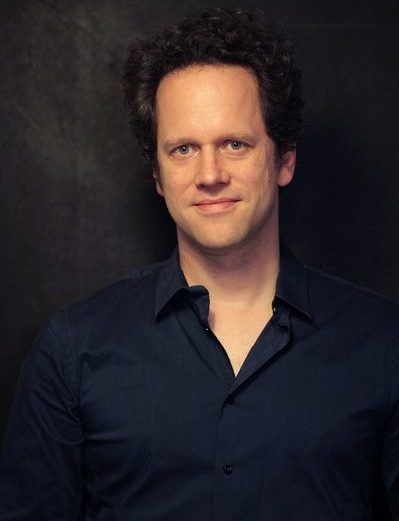 Asmus Trautsch
Asmus Trautsch
Writer in Residence
Asmus Trautsch studied philosophy as a major and German literature (modern and medieval) as a minor at Humboldt University in Berlin, Germany, and at the University College London in Great Britain. In addition, he studied composition/music theory at the University of the Arts in Berlin. He earned his Ph.D. in philosophy at Humboldt University, spending a term as a visiting scholar at Columbia University in New York City. He has taught philosophy at the University of Dresden and has been a guest lecturer at other universities.
His research interests include contemporary poetry, philosophy of tragedy, philosophy of literature, philosophy of music, ancient Greek philosophy, aesthetics, and ethics.
“My interests lie in the arts, including fine arts, film and dance and in the ways in which the sciences and the arts work together for enabling understanding and new knowledge,” says Trautsch. “Also I’m passionately interested in how philosophy and literature can contribute to educating society and improving politics.”
Trautsch likes to engage in “entertaining dialogues with lots of curious questions,” bake cakes, conduct orchestras and play various musical instruments. He shares a fun fact from his past: “I once won second prize in a competition called ‘Dance Your Ph.D.’ in Dresden.”
Source: Academics, Publications & Research
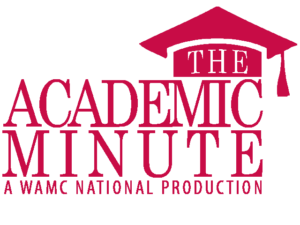 Six Allegheny College professors will be featured on “The Academic Minute,” a national radio broadcast and podcast that highlights research from colleges and universities throughout the world, beginning on Monday, May 25.
Six Allegheny College professors will be featured on “The Academic Minute,” a national radio broadcast and podcast that highlights research from colleges and universities throughout the world, beginning on Monday, May 25.